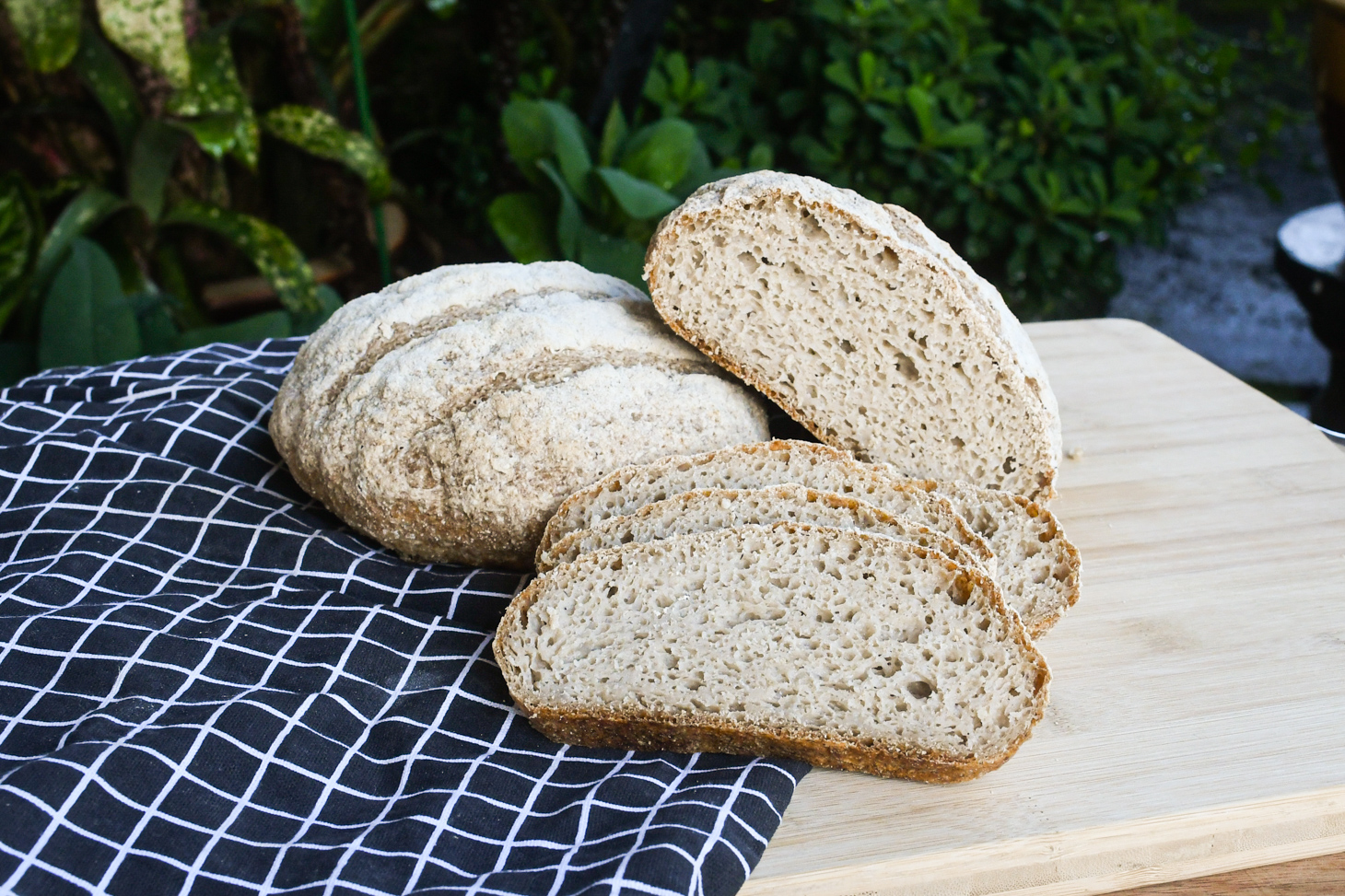
What is Gluten-Free Bread?
Gluten-free bread is bread made without gluten, a protein found in wheat, rye, and barley. Instead of traditional flours, gluten-free bread is often made with ingredients like rice flour, almond flour, or tapioca starch. The absence of gluten, which gives bread its elasticity and chewy texture, means that gluten-free bread has a different texture—often denser and more crumbly than traditional bread.
Who Should Consume Gluten-Free Bread?
- People with Celiac Disease
Celiac disease is an autoimmune disorder where gluten triggers an immune response that damages the small intestine. For people with celiac disease, avoiding gluten is essential to prevent long-term health complications. - Individuals with Gluten Sensitivity
Some people may not have celiac disease but still experience discomfort after consuming gluten. This is called non-celiac gluten sensitivity, which can cause symptoms like bloating, fatigue, or headaches. For these individuals, a gluten-free diet might ease these symptoms. - Those with Wheat Allergies
People allergic to wheat can benefit from gluten-free bread since it removes a common allergen. However, they need to ensure that the bread doesn’t contain wheat-based ingredients.
Benefits of Gluten-Free Bread
- Improved Digestion
For those with gluten intolerance or celiac disease, removing gluten from the diet can lead to better digestion, reduced bloating, and relief from stomach pain. - Increased Nutrient Absorption
Celiac disease and gluten sensitivity can interfere with nutrient absorption, leading to deficiencies in iron, calcium, and other essential vitamins. Switching to gluten-free bread allows the gut to heal, improving nutrient absorption over time. - Less Inflammation
Gluten can contribute to inflammation in people with sensitivities, potentially causing joint pain and fatigue. A gluten-free diet may help reduce these inflammatory responses, leading to increased energy and better overall health. - Better Skin Health
Some individuals notice improvements in skin conditions like eczema or psoriasis after eliminating gluten from their diet. This is particularly true for people whose gluten sensitivity contributes to inflammatory skin reactions.
Our Gluten-Free Bread Options
At Going Nuts, we offer two delicious gluten-free bread options, catering to different dietary preferences:
1. Vegan Rustic Gluten-Free Bread
This rustic-style bread is made using a blend of buckwheat flour, brown rice flour, potato starch, and psyllium husk. It offers a texture similar to traditional bread with a hearty and wholesome flavor, perfect for those who want a vegan-friendly option without compromising on taste or texture.

2. Egg and Dairy-based Gluten-Free Bread
For a softer, more moist version, we use brown rice flour, potato starch, egg, milk and xanthan gum which as the binding agent to compensate for the absence of gluten. This version is ideal for those who are looking for a gluten-free option but don’t mind including animal products in their diet. It’s perfect for sandwiches or as a side to your favorite meals.

Whether you’re vegan or simply looking for a gluten-free alternative with a softer texture, we’ve got you covered!
Conclusion
While gluten-free bread is a necessity for people with celiac disease or gluten sensitivity, others may also benefit from trying it, particularly if they experience digestive discomfort or chronic inflammation. With an increasing variety of delicious and healthy gluten-free options available, making the switch can be both satisfying and beneficial.
Whether you’re dealing with a specific health issue or just looking to try new types of bread, gluten-free options provide a great way to experiment with your diet while maintaining a healthy lifestyle.
-
 Rustic Gluten-free Bread (Vegan)RM17.00
Rustic Gluten-free Bread (Vegan)RM17.00 -
 Gluten-free BreadRM17.00
Gluten-free BreadRM17.00






